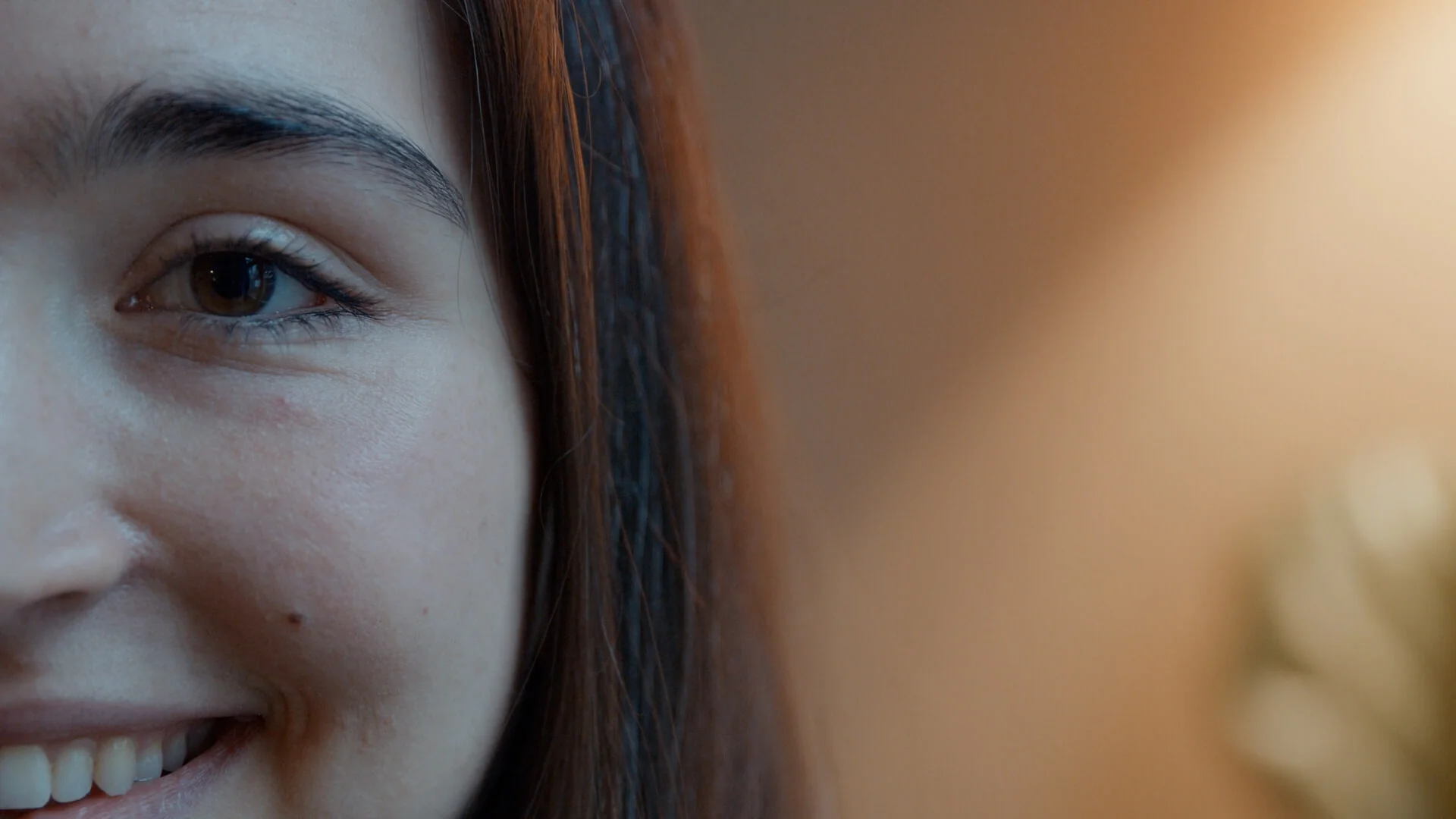
Are you or a loved one addicted to opana? If you answered yes, then it’s important that you know more about the drug.
Below you will be able to find out what opana is, what the signs and symptoms are and what can be done to treat it.
What is Opana?
Deriving from thebaine (one of the active alkaloids in opium, used to create synthetic painkillers), opana is an extremely powerful painkilling drug that is similar to morphine however it is six to eight times more powerful.
Opana is a prescription drug and is commonly used by medical practitioners to relieve stress and anxiety before an individual has to undergo medical procedures such as surgery. It also boosts the effectiveness of any anaesthesia that may be used.
Street-named as stop signs, pink heaven or biscuits to name a few, excessive use of the drug may lead an addiction.
Signs and Symptoms of Opana Addiction
Opana addicts will usually show signs of dizziness and disorientation, nausea and will vomit constantly and will also suffer from anxiety.
Migraines and an increase in stress is also a common factor of opana addiction.
The addicted individual may also suffer from constipation or flatulence.
Long term use of the drug may lead to serious effects such as respiratory depression, hypotension, the weakening of skeletal muscle, excessive tiredness and coma.
Loss of appetite, impotence and the enlargement of the prostate gland may also be experienced.
More severely, when an overdose occurs, the addict may suffer heart attacks, circulatory collapse and in some cases, death.
Opana Addiction Treatment
If you linked any of the above with yourself or a loved one, seek professional help immediately.
The best way to treat an opana addiction is to attend inpatient treatment, which involves a residential stay in a rehabilitation centre,
The length of the stay will be is determined by the severity and nature of the addiction suffered.
In rehab, a supervised medical detoxification may be done in order to help ease any withdrawal symptoms that may be experienced due to the cessation of use.
The recovering addict will also be educated about their addiction and will go through various counselling and therapy which will help in showing the individual how to avoid using opana in the future.
Once rehabilitation has been completed, it’s important that secondary care is attended and this may come in the form of outpatient treatment or a stay in a halfway house.
Secondary care will serve as a continuation of what was taught in rehab and will help prevent a relapse occurring, which is most prevalent in the early stages of recovery. It will also prepare the individual for a safe return back into society.
Tertiary care is also available once that has been completed and is very effective in ensuring that recovering addicts remain sober and lives a drug-free life.
If you want to get yourself or a loved one into treatment, call us now and our qualified addiction counsellors will find the best treatment available.